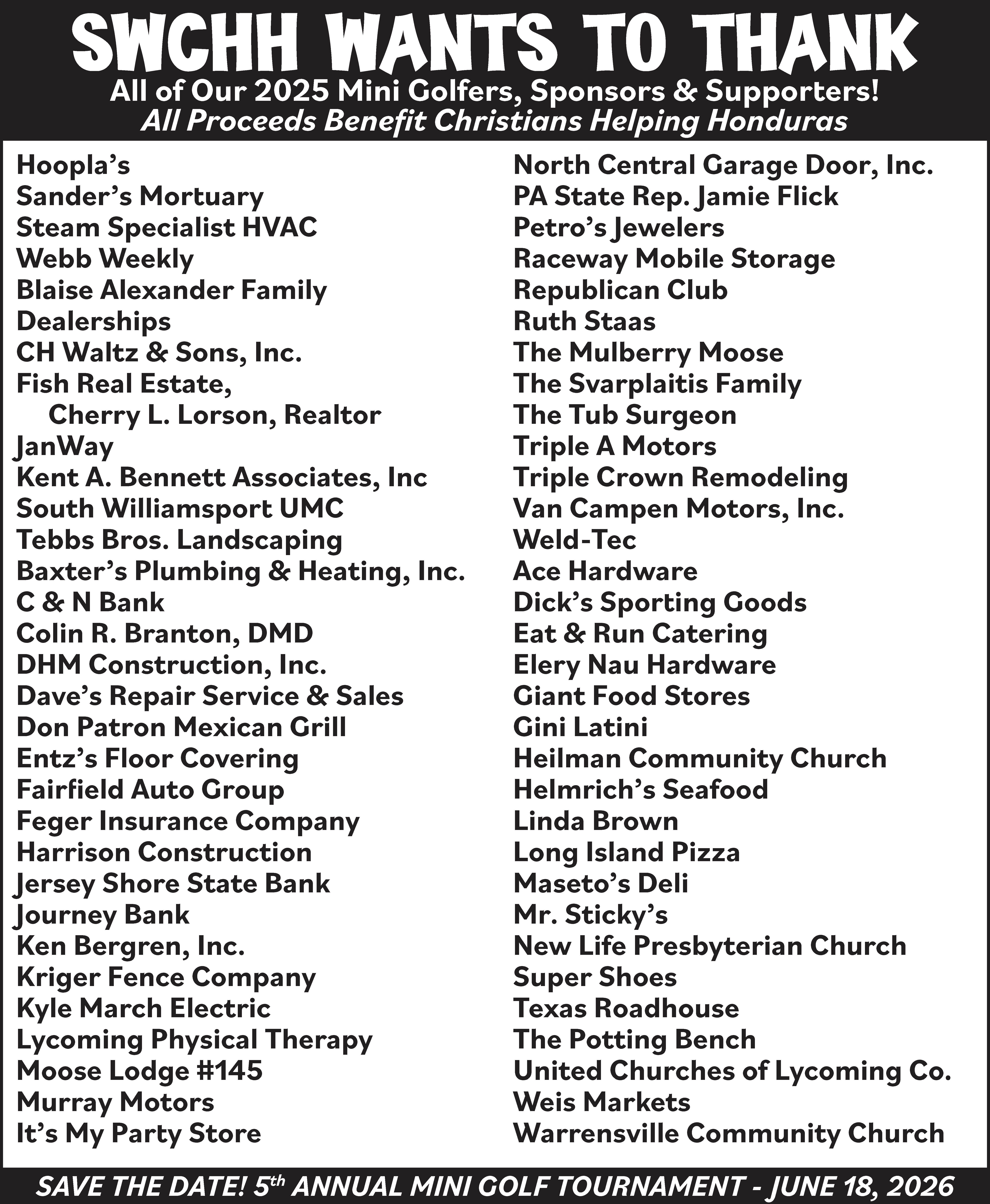The purpose of this column is to help emphasize and explain the three essential aspects of government that every citizen and resident should know.
First, all residents should know who their elected officials are at every level; federal, state, and local level, as well as their particular sphere of responsibility. Everyone likes to complain about the government, but it is more helpful to complain to someone who can do something about it.
Second, citizens should know how to vote for these offices and how they could run for office themselves.
Finally, everyone, and I do mean everyone, should know how to use public services. And the most important public service that everyone should understand is the 911 emergency call service.
Even children understand that dialing “911” will summon fire, rescue, or police to the scene when there is an emergency. But, unfortunately, too many know nothing past that fact.
I have served as a volunteer ambulance driver for a little over a year now, and even in that short time, I have witnessed confusion and misuse of this vital service.
Believe it or not, there are a great number of people who believe that the 911 Call System is a helpline. Why else would they call 911 for a weather report, traffic conditions, cats stuck in trees, even to ask when a business is opening or closing? As incredible as it is to believe, there have even been incidents of people calling 911 for Penn State football scores!
It is an EMERGENCY line, which means that it should be reserved for those who need emergency services, e.g., police, fire/rescue, or ambulance service. I inquired of Beth Baylor, who is Lycoming County’s Director of 911 Emergency Communications, and she related that of the roughly 4,000 calls they receive monthly, only one out of six of these calls result in dispatching emergency services. This is not to say that five out of six are frivolous. Still, it does signal that while the dispatchers are dealing with a problem and not necessarily an emergency, a true emergency might be getting delayed.
When I inquired what was the greatest frustration among the dispatchers, Beth noted it was the impatience of the callers themselves. In many, many instances, the callers get annoyed at the questions they are being asked of them. However, the dispatchers have a protocol they must follow. In a true emergency, they have already notified the responders while still continuing to get the necessary information from the caller. Yelling at the dispatchers does not help speed up the process!
These 911 dispatchers should have our highest respect because it is one of the most stressful jobs imaginable. Training takes nearly a year, and they still need close supervision while on the job. And currently, they are also understaffed, and many are working double shifts, continually monitoring the six or seven screens at their station. They cannot relax, as their job is literally a matter of life or death.
So, here is what to remember when dialing 911. Be patient with the dispatcher as they walk through their questions. They all have an important purpose! Be prepared to give a good location of the emergency. If it is a building, describe the best entrance. Stay calm, be specific, and be patient in answering the questions asked by the dispatcher. They all have a purpose, and you do not need to know why. Let the dispatcher do their job.
And finally, given that five out of six calls turn out not to be a true emergency, ask yourself if someone other than 911 can help you with your situation. For example, elderly who live alone and fall and can’t get up should have a neighbor or friend who can assist them. Resources are limited, so please do not misuse the system. Many of the responders are volunteers, and they are making sacrifices to answer these calls. Yet, in the same breath, no one should hesitate to call 911 if they honestly believe they need to. That is what it is there for.



